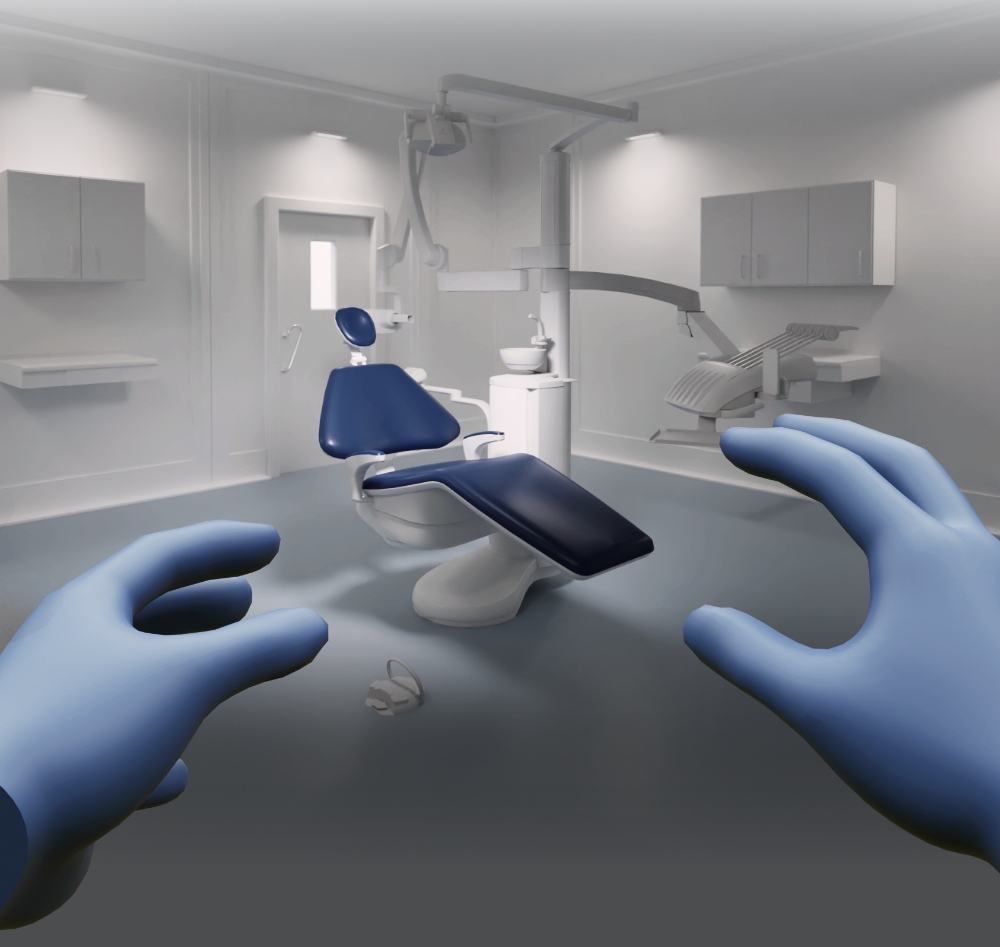
The landscape of dental education is evolving—are you ready to sink your teeth into the future? The question arises: which dental schools have integrated virtual interviews into their admissions process? Virtual interviews have become a pivotal component of the application journey, creating both opportunities and challenges for aspiring dental students. As technology continues to advance, understanding the diverse approaches taken by dental schools is essential for candidates navigating this new terrain.
To delve into this topic, it is pertinent to first comprehend what virtual interviews entail. Unlike traditional in-person interviews, virtual interviews leverage digital platforms to facilitate real-time interactions between applicants and admissions committees. This innovation is particularly beneficial in breaking down geographical barriers, thereby broadening the pool of candidates while also allowing schools to streamline their processes. However, while advantageous, this mode of interviewing does present certain challenges, notably the potential for technological glitches and the necessity for a new set of interviewing skills.
Let us now embark on this exploration by examining the dental schools that have embraced virtual interviews. These institutions have adapted their admission strategies to incorporate remote engagement tools, recognizing the need for flexibility and resilience in the face of unprecedented circumstances. Below is a selection of notable dental schools that have opted for virtual interviews:
1. University of California, Los Angeles (UCLA) School of Dentistry
UCLA stands at the forefront of dental education and innovation. The School of Dentistry conducts its interviews virtually, allowing a comprehensive evaluation of each candidate without the constraints of distance. This initiative not only democratizes access but also showcases the university’s commitment to leveraging cutting-edge technology in education.
2. University of Southern California (USC) Herman Ostrow School of Dentistry
USC’s Herman Ostrow School of Dentistry acknowledges the significance of adapting to contemporary educational methodologies. By conducting virtual interviews, the school maintains its rigorous admissions process while ensuring potential candidates can showcase their competencies without geographical limitations.
3. University of Pennsylvania School of Dental Medicine
This prestigious institution exemplifies the integration of virtual interviews into its admissions framework. The University of Pennsylvania values inclusivity and accessibility, allowing candidates from various backgrounds to present their qualifications in a digital format, typically via video conferencing tools.
4. Boston University Henry M. Goldman School of Dental Medicine
Boston University has also entered the virtual interview arena, offering a modern approach to candidate evaluations. The school’s focus on a holistic review process ensures that applicants can convey their motivations and experiences effectively, irrespective of their physical location.
5. Arizona School of Dentistry and Oral Health
Recognizing the need for adaptability, Arizona School of Dentistry and Oral Health provides virtual interviews for aspiring dental students. The school’s emphasis on innovative educational practices mirrors its commitment to engaging with future dental professionals in a contemporary context.
6. Midwestern University College of Dental Medicine
In a move that aligns with the growing trend of remote education, Midwestern University has embraced the virtual interview paradigm. This approach not only streamlines the application process but also allows for a more personal connection between the candidates and the admissions team.
As candidates prepare for their virtual interviews, it is critical to consider several strategies to enhance their performance. The following tips can aid in navigating this novel experience effectively:
Preparing Equipment and Environment
Technical preparedness is paramount. Candidates should ensure that their devices—be it a laptop, tablet, or smartphone—are equipped with reliable internet connectivity and functioning video and audio settings. Testing the technology in advance can alleviate potential issues on the day of the interview.
Choosing an Optimal Location
Choosing a quiet and well-lit location for the interview is crucial. The backdrop should be distraction-free, projecting professionalism and focus. This not only demonstrates seriousness but also allows the interviewer to concentrate solely on the applicant’s responses.
Dressing Professionally
Although interfacing from the comfort of home, candidates must dress as if attending an in-person interview. Professional attire conveys respect for the interview process and reflects the applicant’s seriousness about pursuing a career in dentistry.
Preparing for Common Interview Questions
Thoroughly preparing responses to common interview questions helps build confidence. Candidates should articulate their motivations for studying dentistry and reflect on experiences that have shaped their interests and aspirations. Practicing with peers can also provide constructive feedback.
Engaging with the Interviewer
Virtual settings can sometimes feel impersonal. Candidates should strive to engage with the interviewer actively, maintaining eye contact through the camera, and demonstrating enthusiasm through their verbal and non-verbal cues. This engagement can leave a lasting impression that transcends the virtual medium.
In conclusion, while the advent of virtual interviews presents unique challenges, the benefits they afford to both dental schools and candidates are manifold. As the admissions landscape continues to evolve, aspiring dental professionals must remain agile, embracing the tools and techniques needed to excel in this modern interviewing paradigm. By understanding which dental schools offer virtual interviews and how to prepare for them, candidates can position themselves strategically on their journey toward a successful career in dentistry. Are you ready to dive into this new world of dental education, or will you remain on the sidelines, watching the game unfold?
